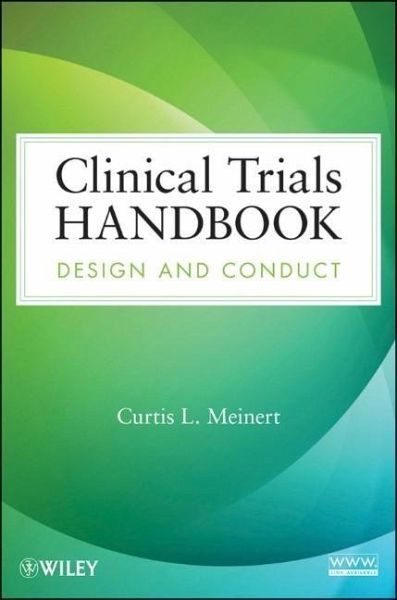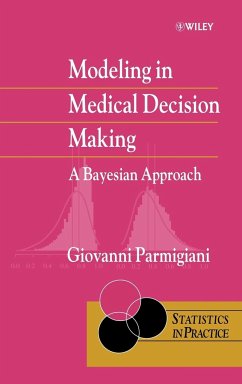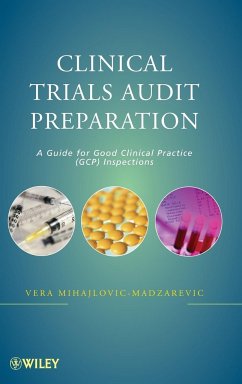Nicht lieferbar

Clinical Trials Handbook
Design and Conduct
Versandkostenfrei!
Nicht lieferbar
Written by an eminent epidemiologist and clinician, this comprehensive book outlines and categorizes the required methodological steps employed in the clinical trial evaluation process. The author appropriately mixes the scientific, logistical, ethical, psychological, behavioral, and administrative issues inherent in the field, while also emphasizing conduct, performance, and protocol. With questions posed to pique reader interest; concepts readily available through an organizational hierarchy; and PowerPoint slide suggestions showcased throughout, this is a must-have book for all practicing clinicians and teachers of clinical trials courses.
A systematic approach to all aspects of designing and conducting clinical trials
The success or failure of clinical trials hinges on hundreds of details that need to be developed, often under less than ideal conditions. Written by one of the world's leading trialists, Clinical Trials Handbook: Design and Conduct provides clinicians with a complete guide to designing, conducting, and evaluating clinical trials--teaching them how to simplify the process and avoid costly mistakes.
The author draws on his extensive clinical trials experience to outline all steps employed in setting up and running clinical trials, from budgeting and fundraising to publishing the results. Along the way, practical advice is offered while also addressing a mix of logistical, ethical, psychological, behavioral, and administrative issues inherent to clinical trials. Topics of coverage include:
Protocols for drug masking, controls, and treatment randomization
Consent, enrollment, eligibility, and follow-up procedures
Different types of sample size design and data collection and processing
Working with study centers, research staff, and various committees
Monitoring treatment effects and performance, and ensuring quality control
Data analysis and access policies for study data and documents
Clinical Trials Handbook is invaluable for practicing clinicians and trialists who would like to learn more about or improve their understanding of the design and execution of clinical trials. The book is also an excellent supplement for courses on clinical trials at the graduate level.
The success or failure of clinical trials hinges on hundreds of details that need to be developed, often under less than ideal conditions. Written by one of the world's leading trialists, Clinical Trials Handbook: Design and Conduct provides clinicians with a complete guide to designing, conducting, and evaluating clinical trials--teaching them how to simplify the process and avoid costly mistakes.
The author draws on his extensive clinical trials experience to outline all steps employed in setting up and running clinical trials, from budgeting and fundraising to publishing the results. Along the way, practical advice is offered while also addressing a mix of logistical, ethical, psychological, behavioral, and administrative issues inherent to clinical trials. Topics of coverage include:
Protocols for drug masking, controls, and treatment randomization
Consent, enrollment, eligibility, and follow-up procedures
Different types of sample size design and data collection and processing
Working with study centers, research staff, and various committees
Monitoring treatment effects and performance, and ensuring quality control
Data analysis and access policies for study data and documents
Clinical Trials Handbook is invaluable for practicing clinicians and trialists who would like to learn more about or improve their understanding of the design and execution of clinical trials. The book is also an excellent supplement for courses on clinical trials at the graduate level.













